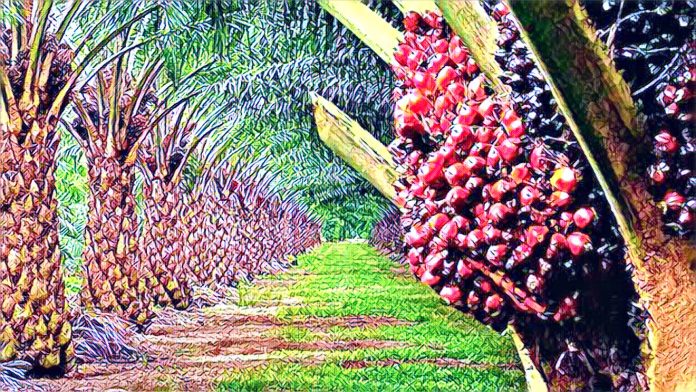Nigeria’s oil palm sector has the potential to contribute to the country’s economic and ecological resilience, according to experts and stakeholders who participated in a policy dialogue organised by Solidaridad and IDH, two international organisations that promote sustainable development.
The dialogue, which was held in Abuja on November 21, 2023, aimed to address the current challenges and opportunities in the oil palm subsector, and to provide recommendations to the government and other actors on how to improve productivity, profitability, and sustainability.
Oil palm is one of the agricultural value chains that get less attention from the government, leading to yield reduction, importation of the product and economic loss for the country, said Kene Onukwube, Programme Manager, Oil Palm Nigeria in Solidaridad. He added that oil palm has also become a very important commodity in the West and the North-Central zones of the country, as well as the South-South geopolitical zone where it historically thrived.
The policy dialogue was part of the National Initiative for Sustainable and Climate Smart Oil Palm Smallholders (NI-SCOPS), a project funded by the Dutch government and implemented by Solidaridad and IDH since 2019. The project aims to make the United Nations Food and Agriculture Organization (FAO) concept of climate-smart agriculture operational in six states in the oil palm belt, namely Akwa Ibom, Cross River, Edo, Enugu, Kogi and Ondo.
Climate-smart agriculture is an approach that integrates the three dimensions of sustainable development – economic, social and environmental – by jointly addressing food security and climate challenges. It is composed of three main pillars: increasing productivity and income; enhancing resilience and adaptation; and reducing greenhouse gas emissions.
The project also supports local governments with the development and implementation of conservation and development plans, to protect and where necessary, restore critical ecosystem values.
Onukwube said that the policy dialogue was expected to inform the public and private sector actors on the best practices and strategies to achieve economic and ecological resilience in the oil palm sector, as well as to prepare for the anticipated EU deforestation regulation coming up in 2025 that potentially tends to de-market oil palm that comes from this part of the world.
The EU deforestation regulation, which entered into force on June 29, 2023, is a new law that aims to ensure that a set of key goods exported or placed on the EU market must be deforestation-free, and thus will no longer contribute to deforestation and forest degradation in the EU and elsewhere in the world. The regulation covers palm oil, cattle, soy, coffee, cocoa, timber and rubber as well as derived products such as beef, furniture, or chocolate.
The regulation requires companies to conduct strict due diligence to verify that the products have been produced on land that has not been subject to deforestation or forest degradation, including primary forests. Companies will also have to verify that these products comply with the relevant legislation of the country of production, including on human rights, and that the rights of affected indigenous peoples have been respected.
The regulation applies even-handedly to products from both inside and outside the EU. Producers will need to engage in sustainable production practices and improve supply chain transparency. As the demand for deforestation-free products is growing globally, the new rules are a business opportunity to enhance trade in deforestation-free products and boost opportunities for sustainable actors around the globe.
The policy dialogue also featured the participation of the Nigeria Institute for Oil Palm Research (NIFOR) and other key players in the oil palm subsector. The immediate past Executive Director of NIFOR, Dr Celestine Ikuenobe, said that Nigeria currently produces more than what it used to produce before, but the issue is that the population has grown and the oil palm produced currently cannot meet the demand in the country.
He said that Nigeria today requires over 3 million tons of palm oil annually, but can only produce as much as 1.4 million tons of palm oil from all sources. He attributed the gap to the low productivity of the aged oil palm plantations, the loss of wild groves due to urbanization, and the lack of proper management practices and policy direction.
He called for more investment and support from the government and the private sector to revamp the oil palm subsector and make it more competitive and sustainable.
The policy dialogue was part of the activities to mark World Oil Palm Day, which is celebrated on November 21 every year to raise awareness of the importance and benefits of oil palm as a crop and a source of livelihood for millions of people.
Source: Nigerian Tribune



